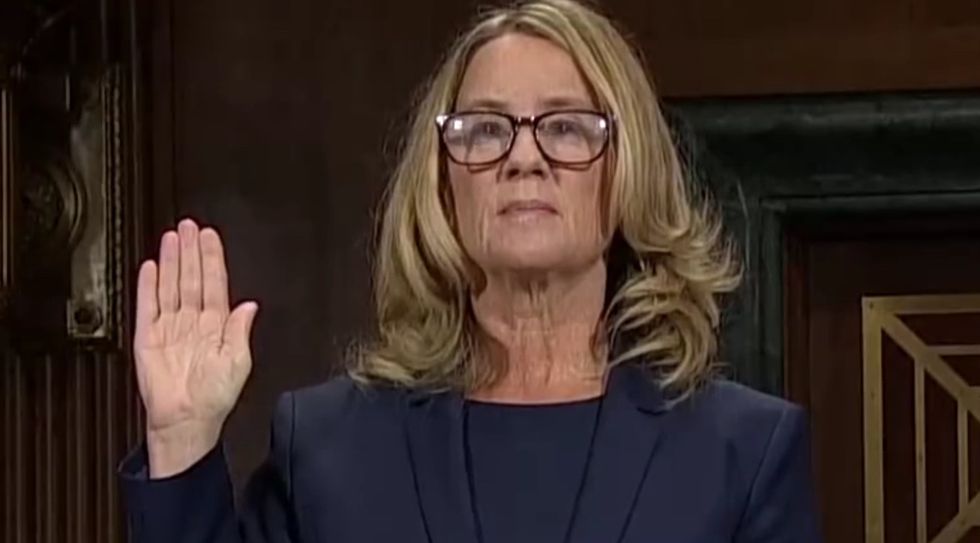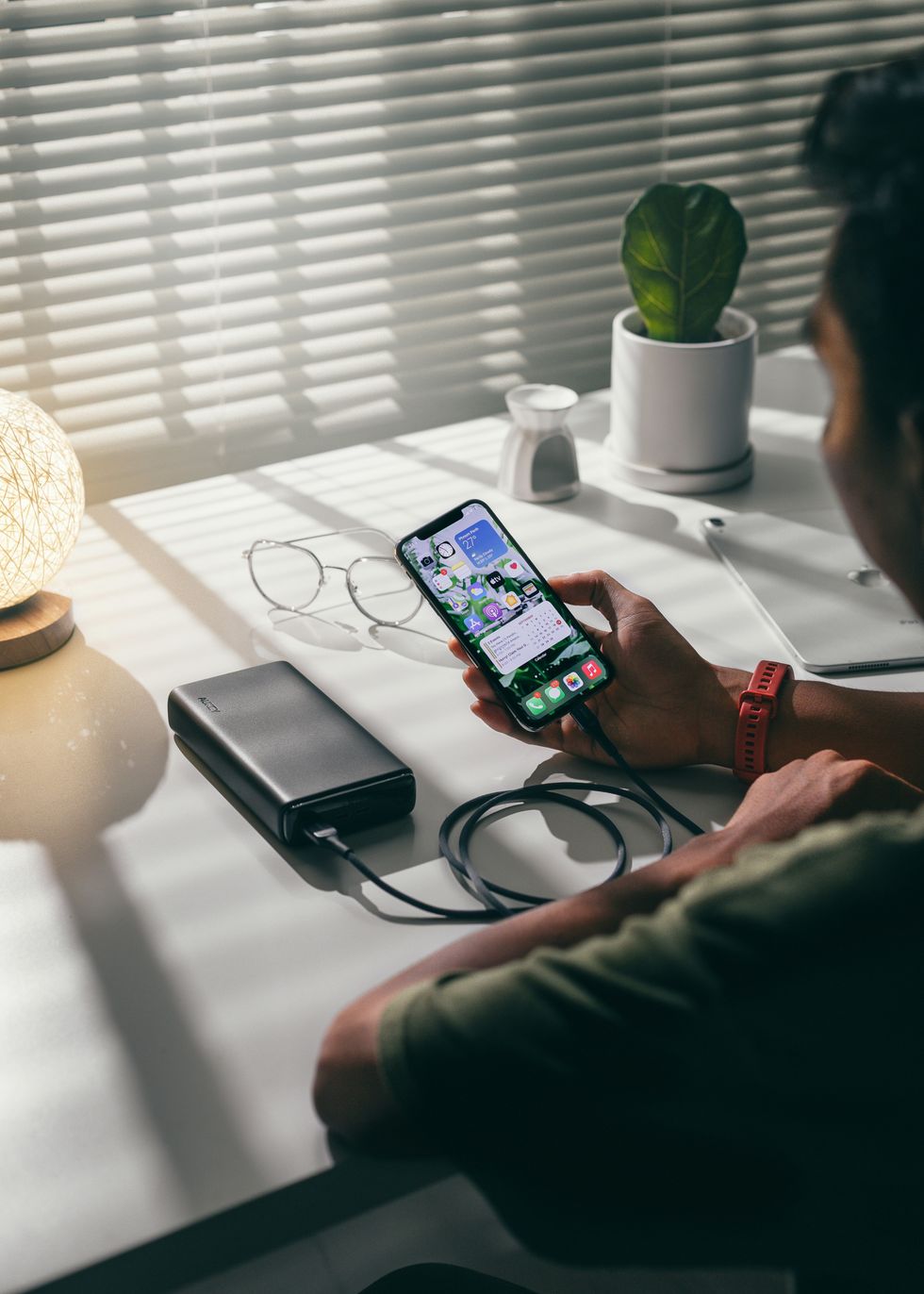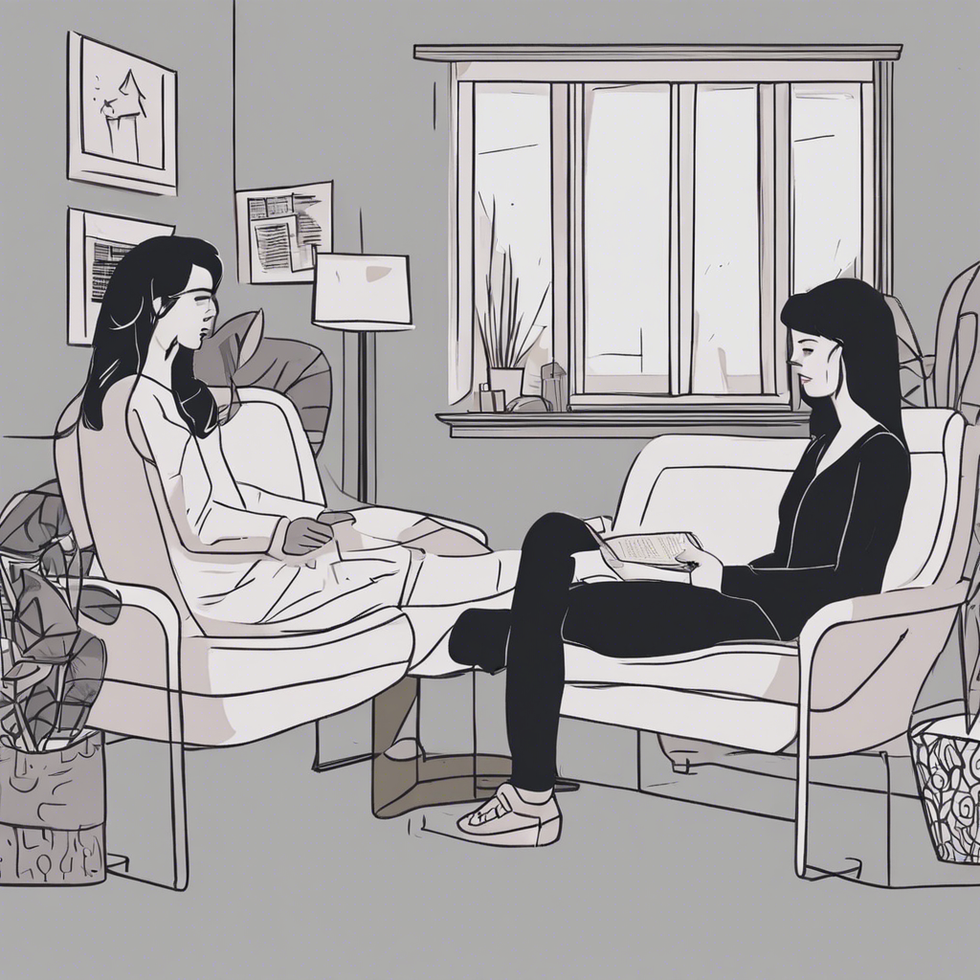So, a few months ago, I wrote about how we needed to figure out how to handle sexual assault allegations without trampling on rights to due process. I didn't think it could get any crazier than people saying that someone who has been accused of a heinous crime should be denied a chance at living a normal life if there was no proof.
Boy, I was wrong. Things have gotten crazier.
To understand what is going on with this whole Brett Kavanaugh situation, we need to construct a very basic timeline. According to Christine Blasey Ford, at some point in the early 1980s, she was at a party where she was assaulted by Kavanaugh, and one other person was in the room. She claims that Kavanaugh had tried to get her undressed and that he covered her mouth to prevent her from screaming. The other boy then jumped on him in a bit of roughhousing and she was able to escape. When she was certain the coast was clear, she left the house.
She would not tell anyone about the incident until 2012, when she was in a couples therapy session and the rumors swirled that, if Mitt Romney won his presidential bid, he would nominate Kavanaugh in any instance that a Supreme Court vacancy would come up. In July, Justice Anothny Kennedy announced his retirement from the bench, and President Trump nominated Kavanaugh. Ford would send a letter to Senator Diane Feinstein (D-CA) about the incident but asked to remain anonymous. The letter leaked to the press, and she came forward to give testimony. On September 27, both Ford and Kavanaugh testified before the Senate Judiciary committee.
A recent memo by Rachel Mitchell, a sex crimes prosecutor from Arizona, indicates that Ford's claims wouldn't even pass the "preponderance of evidence" standard that most colleges use for their Title IX investigations. Any witness that Ford had cited had no recollection of the party in question, or flat out denied any event took place. The testimony provided by Ford in front of the committee kept changing from earlier accounts, and therefore, should not be seen as credible as the Senate Democrats or the mainstream media want you to believe. Yet that is not stopping people from saying "We must believe her. She is as credible as any victim. Women should be believed in any and every circumstance!"
The problem is that this doesn't just effect Ford or Kavanaugh. It affects society as a whole. Let's look at possible outcomes as a result of this hearing.
If Ford is telling the truth?
This situation is the hardest to justify, but for the sake of argument, let's say that Ford told the honest to goodness truth. The momentum will swing back to the Democrats heading into the midterm elections, where they can possibly take back control of the Senate and derail any nomination for at least the next two (and possibly as many as the next six) years. On top of that, nothing will get done (note: I did not agree with the GOP when they derailed Obama from 2010 onward). With such a high profile case of a woman coming forward, it will encourage more and more victims to come forward and report the incidents WHEN THEY HAPPEN. At least something good can come out of this.
If Ford is making everything up?
This would have the most damaging impact on society. For women who are, or have been abused, they will see absolutely no point in coming forward. Everyone will be questioning whether or not they are lying just to get revenge or get attention. For men, it means that there would be an even greater chance of having their lives ruined as more and more accusations come in, some of them without a shred of corroborating evidence. The Democrats stand to lose voter enthusiasm and that "blue wave" that I see all over social media will dry up. The media, who keep this circus alive by digging themselves into a further hole because the story is falling apart, will no longer be trusted (which to be fair, they did this to themselves).
Common sense and believing the evidence needs to prevail.
That doesn't mean that all sexual assault accusations are false. It just means that we need to go through a thorough investigation and find some sort of evidence that the claims are true.



 Photo by
Photo by  person holding black smartphone on white textile
Photo by
person holding black smartphone on white textile
Photo by  StableDiffusion
StableDiffusion
 Photo by
Photo by  Photo by
Photo by 
 roommate as a therapist
StableDiffusion
roommate as a therapist
StableDiffusion
 woman in white shirt eating pizza
Photo by
woman in white shirt eating pizza
Photo by  person holding remote pointing at TV
Photo by
person holding remote pointing at TV
Photo by  person holding assorted clothes in wooden hanger
Photo by
person holding assorted clothes in wooden hanger
Photo by  a couple of
a couple of  friends cleaning apartment
StableDiffusion
friends cleaning apartment
StableDiffusion
 man driving car during golden hour
Photo by
man driving car during golden hour
Photo by  bacon strips and melted cheese topped fries on oval white and blue platter with gray stainless steel forks
Photo by
bacon strips and melted cheese topped fries on oval white and blue platter with gray stainless steel forks
Photo by  selective focus photography of eyeshadow palette
Photo by
selective focus photography of eyeshadow palette
Photo by  brown wooden framed white padded chair in between green indoor leaf plants inside bedroom
Photo by
brown wooden framed white padded chair in between green indoor leaf plants inside bedroom
Photo by  women forming
women forming  taking
taking  man in red polo shirt pouring wine on clear wine glass
Photo by
man in red polo shirt pouring wine on clear wine glass
Photo by  woman in black jacket standing on road during daytime
Photo by
woman in black jacket standing on road during daytime
Photo by 
 StableDiffusion
StableDiffusion
 StableDiffusion
StableDiffusion
 student thinking i shouldnt have procrastinated all semester
StableDiffusion
student thinking i shouldnt have procrastinated all semester
StableDiffusion
 Photo by
Photo by  Photo by
Photo by  Photo by
Photo by  StableDiffusion
StableDiffusion
 StableDiffusion
StableDiffusion
 Photo by
Photo by  Photo by
Photo by 


 Lumiere figure at the Disney Store at the Ala Moana Shoppi… | Flickr
Lumiere figure at the Disney Store at the Ala Moana Shoppi… | Flickr








 StableDiffusion
StableDiffusion StableDiffusion
StableDiffusion 10. Extra BlanketsJuwenin Home 100% Cotton Knitted Throw Blanket
10. Extra BlanketsJuwenin Home 100% Cotton Knitted Throw Blanket StableDiffusion
StableDiffusion StableDiffusion
StableDiffusion File:Kishlaru familie.jpg - Wikimedia Commons
File:Kishlaru familie.jpg - Wikimedia Commons Photo by Hanna Balan on Unsplash
Photo by Hanna Balan on Unsplash StableDiffusion
StableDiffusion black blue and yellow round illustrationPhoto by
black blue and yellow round illustrationPhoto by 









